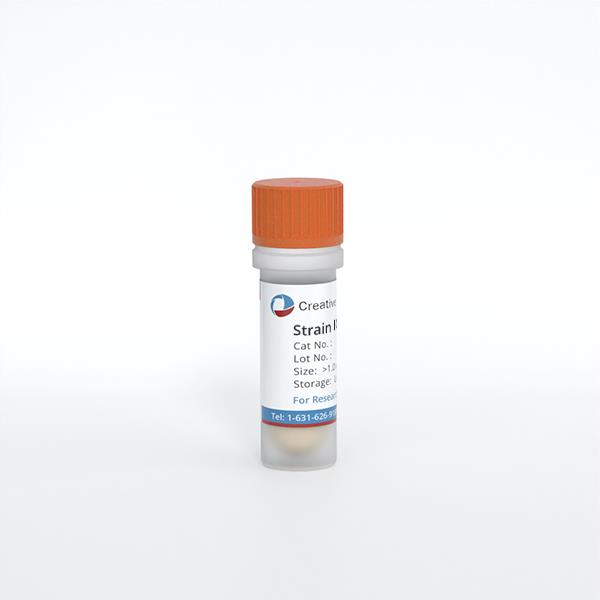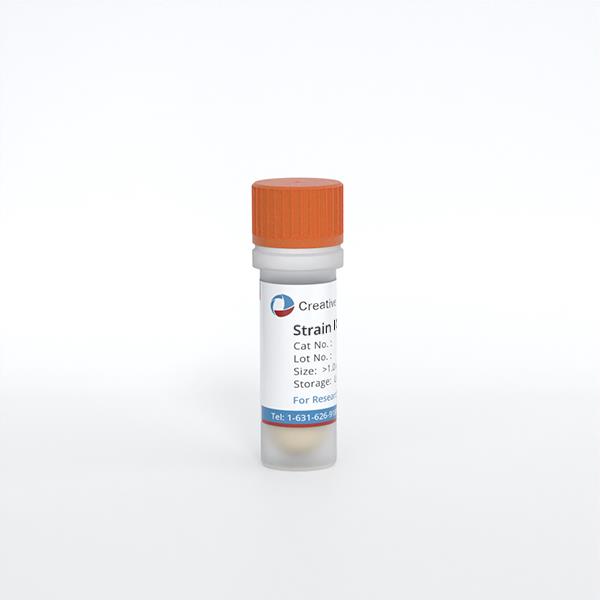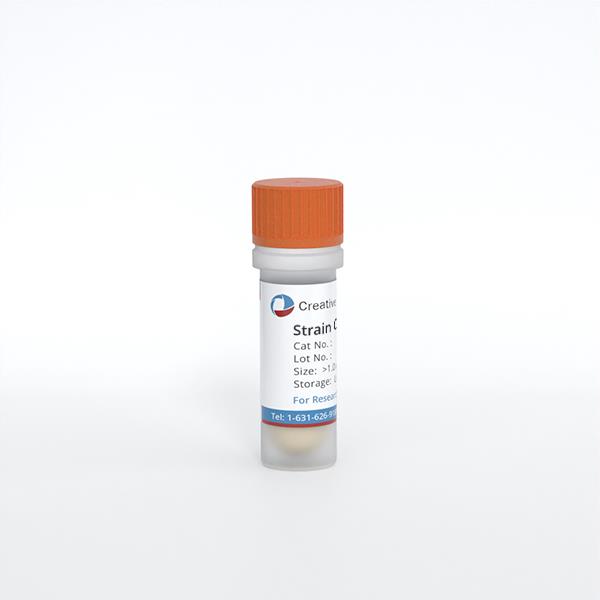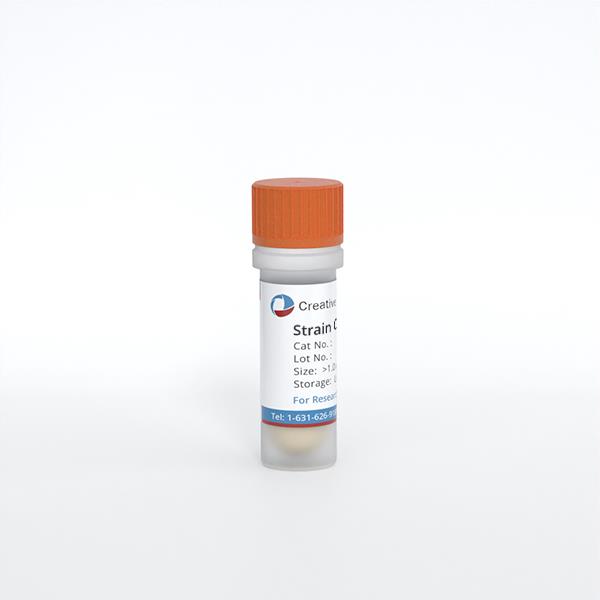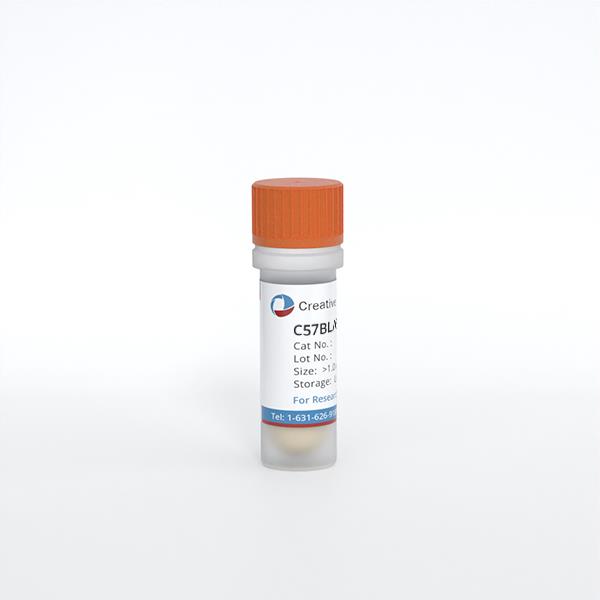Featured Products
Hot Products
ONLINE INQUIRY
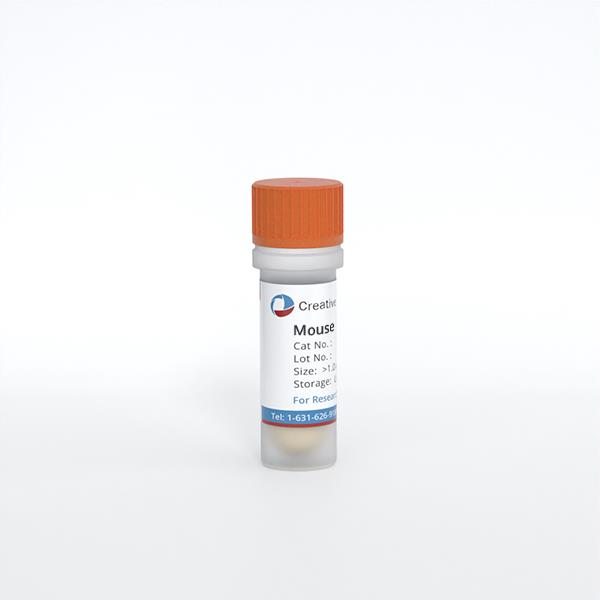
mouse cardiac fibroblasts
Cat.No.: CSC-C1850
Species: Mouse
Source: Heart
Cell Type: Fibroblast
- Specification
- Q & A
- Customer Review
Cat.No.
CSC-C1850
Description
The cardiac fibroblasts (CF) are the principal cell type of the heart. They provide structural support for cardiac myocytes, are a source of paracrine growth factors, and are an important cellular component of myocardial responses to injury. CF are responsible for extracellular matrix synthesis in the heart during development and pathological conditions. Their proliferation and matrix synthesis is essential for scar formation at sites of myocardial infarction, cardiac fibrosis, and is often complicated by cardiac hypertrophy. CF also respond to changes in microenvironments in pathological conditions by modulating integrin expression. CF culture has been widely used as a model to study the cardiac matrix remodeling by physiological (exercise) and pathological (hypertension) stressors.
MCF are isolated from postnatal day 2 C57BL/6 mouse heart. MCF are cryopreserved at P0 and delivered frozen. Each vial contains >5 x 10^5 cells in 1 ml volume. MCF are characterized by immunofluorescence with antibody specific to fibronectin. MCF are negative for mycoplasma, bacteria, yeast, and fungi. MCF are guaranteed to further expand for 5 population doublings under the conditions provided by Creative Bioarray.
MCF are isolated from postnatal day 2 C57BL/6 mouse heart. MCF are cryopreserved at P0 and delivered frozen. Each vial contains >5 x 10^5 cells in 1 ml volume. MCF are characterized by immunofluorescence with antibody specific to fibronectin. MCF are negative for mycoplasma, bacteria, yeast, and fungi. MCF are guaranteed to further expand for 5 population doublings under the conditions provided by Creative Bioarray.
Species
Mouse
Source
Heart
Recommended Medium
It is recommended to use Fibroblast Medium-2 for culturing MCF in vitro.
Cell Type
Fibroblast
Disease
Normal
Storage and Shipping
ship in dry ice; store in liquid nitrogen
Citation Guidance
If you use this products in your scientific publication, it should be cited in the publication as: Creative Bioarray cat no. If your paper has been published, please click here to submit the PubMed ID of your paper to get a coupon.
Ask a Question
Write your own review
Related Products

